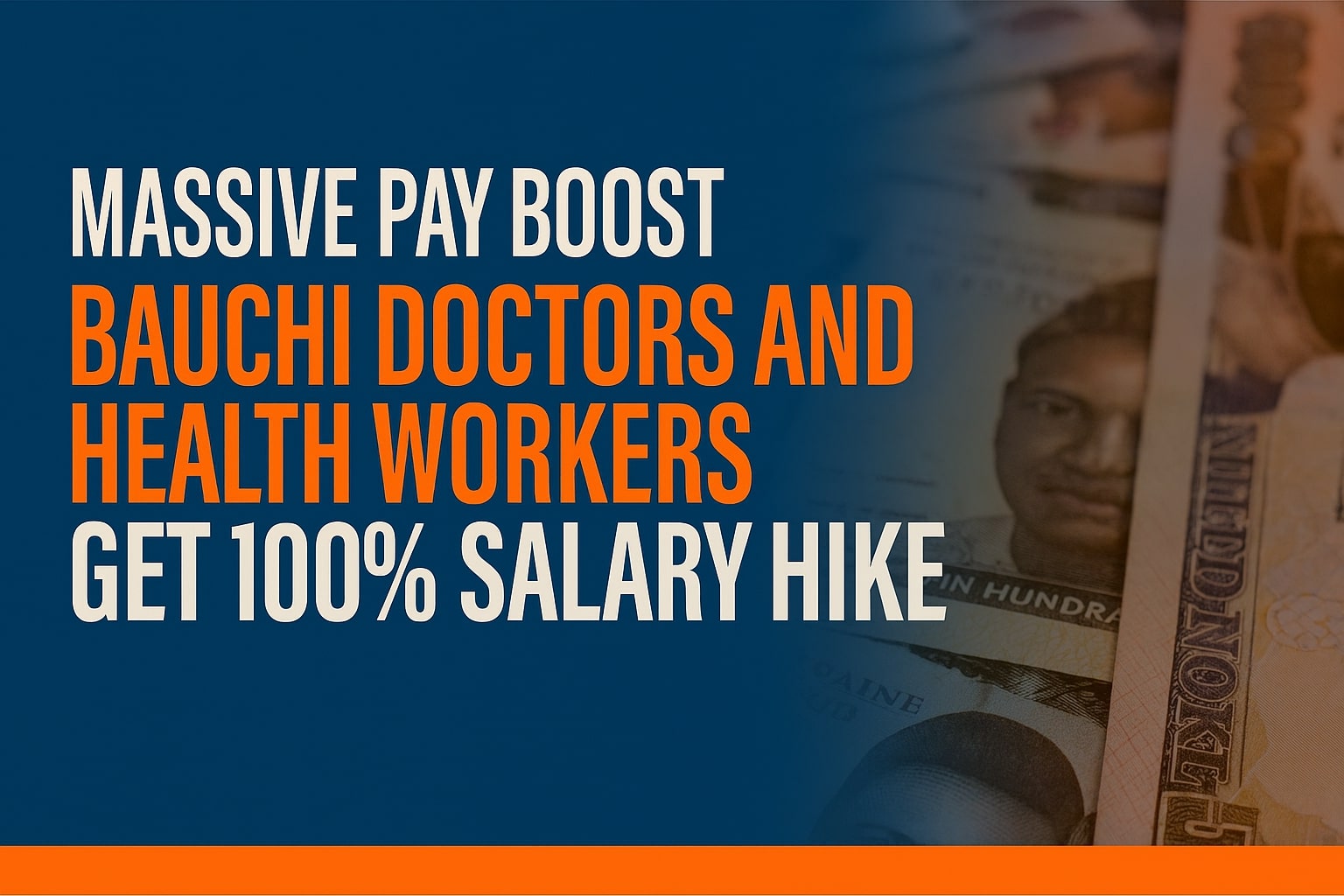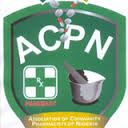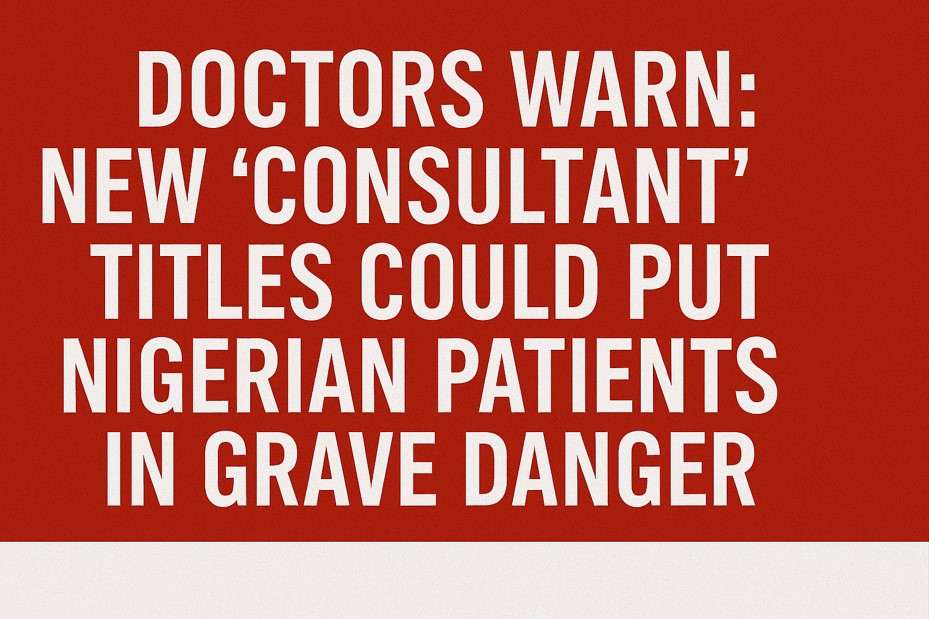Stakeholders have urged the government to deploy a health tax policy to curb excessive consumption of tobacco, alcohol, and Sugar-Sweetened Beverages (SSB), as well as tackling Non-communicable Diseases (NCDs) in the country.
They recommended that technology should be leveraged to build a robust electronically-driven system to ensure the availability of accurate data on local manufacturing and importation of alcohol, tobacco, and SSB, and that constant monitoring of data is also important to evaluate progress.
They also stressed the need to put in place measures to ensure health taxes are complementary and not a replacement for the government’s investment in health.
According to them, earmarking health taxes was constitutional because statutorily, all taxes are collected and sent to the federation account, which is then shared among the three tiers of government.
The preliminary findings from health taxes policy analysis in Nigeria conducted by DGI Consult with funding from Alliance for Health Policy and System Research (AHPSR) presented at the tax policy dialogue held in Abuja, show that there is no stand-alone legislation for the control of alcohol and SSB, and multiple taxation are critical gaps in the implementation of health taxes in the country.
The Fiscal Space Analysis for Vulnerable Group Fund revealed that the amount accruable from earmarking 50 per cent of health taxes (alcohol, tobacco and SSBs) can help increase health insurance coverage of the vulnerable population by 15 per cent, which is higher than the coverage of the Basic Health Care Provision Fund (BHCPF) even when the BHCPF is increased to two percent of the country’s consolidated revenue fund.
Speaking at the tax policy dialogue, the Managing Partner, DGI Consult, and Principal Investigator, Health Taxes Policy, Dr Gafar Alawode, said Nigeria and other low- and middle-income countries (LMICs) are recording an increasing burden of NCDs and close to a third of all deaths are now attributable to it.
Alawode noted that NCDs account for 29 per cent of all mortality and 22 per cent of premature deaths in the country, and urged the Federal Government to implement and enforce strong health tax policies to address the situation.
He noted that the key contributors to this burden include tobacco, alcohol and SSBs, adding that with yearly sales growth of SSBs in Nigeria at 15.78 per cent, the country is a prime market for major beverage companies.
He observed that current taxation on tobacco, SSB and alcohol would not enable us to achieve the objective of consumption reduction as their rates are below what is needed to curb consumption of these commodities.
Alawode stated that taxation of products that are detrimental to health is not new and that some of them have been in existence for decades, adding that such health taxes are employed globally to curb consumption of these harmful products and generate revenue.
He said: “Stakeholders have to prepare to tackle misleading industry-driven narratives aimed at either weakening or halting
implementation of health taxes for profit reasons but often disguised as economic advice to the Ministries Departments and Agencies (MDAs).”
Dr Robert Marten of the Alliance for Health Policy and Systems Research noted that taxes are part of a strategic public health approach to reduce the consumption of unhealthy products.
On his part, the President, of the Nigeria Cancer Society and Co-chairman, of the National Action for Sugar Reduction Coalition, Dr Adamu Umar, observed that there remains a huge gap in healthcare financing in Nigeria as a lot of Nigerians could not afford the high cost of managing non-communicable diseases.
The Director, of Food and Drugs Services of the Federal Ministry of Health and Social Welfare, Olubunmi Aribeana, represented by Yakubu Sumi, said the findings of the research need to be developed to ensure that unhealthy products are properly and appropriately taxed, and proceeds from such taxes used to strengthen the health system.
SOURCE: GUARDIAN NEWSPAPER



